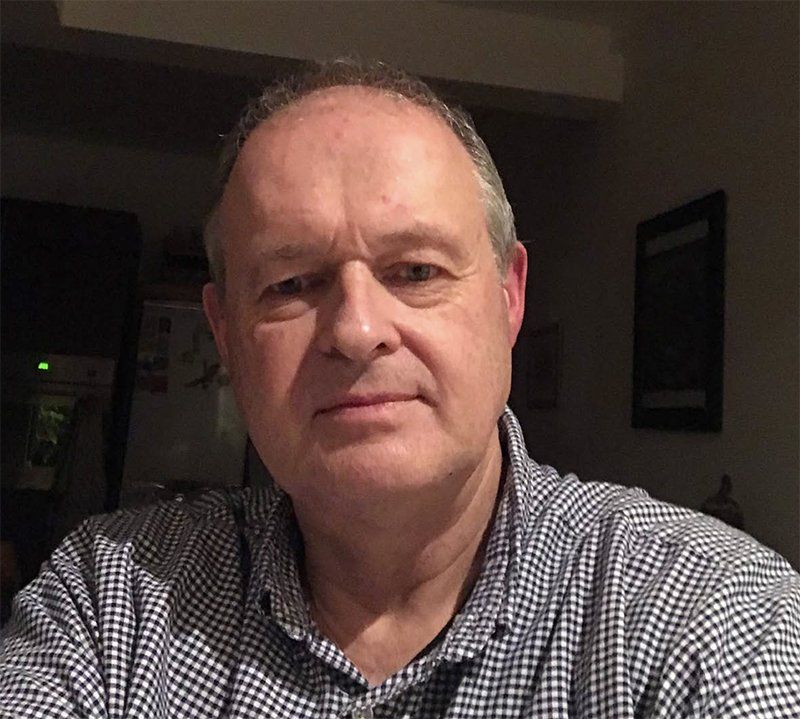Human Rights Education Should Lead to Action for Change
Martin Spafford is a retired teacher and is a trustee and active volunteer with Journey to Justice focusing especially on training.

Alexandra’s 2015 poem, telling how she survived bullying and fat- shaming, embodies our belief that stories of people who have successfully acted for human rights can galvanise confidence to act for change. For Journey to Justice, human rights education should lead to action, making learners feel equipped and able to challenge injustice and inequality that they face.
We believe galvanising people to take action using the arts is key to effective human rights education. This was central to our touring exhibition: as Marcuse said, "Art cannot change the world, but it can change the hearts and minds of those who can." By telling human stories from the US civil rights movement alongside ‘hidden’ local stories from across the UK, we connected communities and provided a space for education to take place. Communicating stories such as Newham schoolkids stopping the deportation of their classmate, Birmingham strikes led by Asian women workers and a landmark gay rights case in Nottingham, offered people a sense of what is possible. One visitor wrote: "The exhibition shows how there is no small action … [and] … inspires to be realistically positive about what one can achieve and go for it".
During our exhibition journey, we realised how the UK’s deep economic inequalities have been central to human rights injustice. We think a focus on economic rights to health, shelter, employment or a living wage is an important feature of future human rights education, one that is frequently overlooked. Our new Economic (In) justice project draws attention to this, telling stories of people who made real grassroots change in their communities and of campaigns using successful nonviolent tactics. We include the Welsh grandad who achieved change in the law affecting all disabled children; a Newcastle care home dispute energised by music; and grassroots environmental campaigners from Yorkshire to Bristol. We also have experts in their field explaining how our society became so unequal.
Human rights education also needs to avoid a ‘colonial’ concern for ‘others’ perceived to be ‘worse off’. When Sierra Leonian pupils wrote with striking frankness about their fear of the power of secret societies – usually a taboo subject – East London children responded with their own fears of being drawn into gang violence. This was an exchange of equality, both groups aware of human rights challenges they faced and seeking mutual solidarity. They – like Alexandra – had a great deal to teach us.
In our experience, human rights education is as much about learning as it is about teaching, and the stories we tell in our archives seek to encourage people to make their voices heard.
Our economic (in)justice project is at www.economicinjustice.org.uk - podcasts soon to be on major platforms. We are also producing a physical ‘suitcase’ version for training where there is no internet access. Our workshops share stories with those who can then pass them on to galvanise their own learners and communities. Our online exhibition with 100+ stories is at www.jtojhumanrights.org.uk.
First published in Engage 24.




